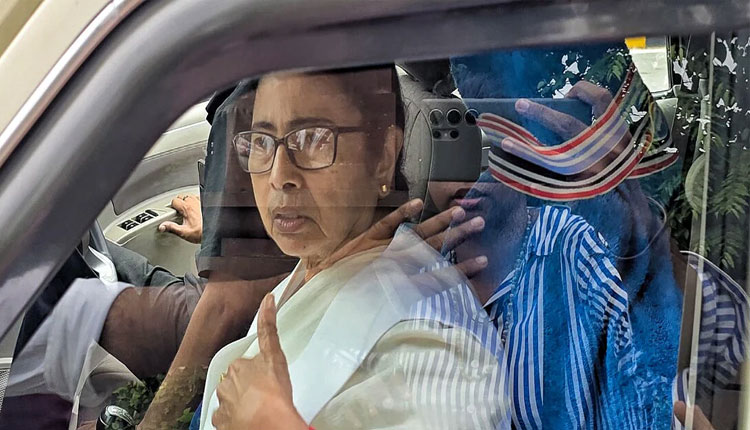Kolkata: The Mamata Banerjee-led government in West Bengal is set to introduce a bill in the state assembly seeking to establish a separate provision for the death penalty for rapists. This proposed legislation, which has already received cabinet approval, will be discussed during a special two-day session of the West Bengal Assembly, beginning on September 2. Once passed, it will be sent to the Governor for his assent. The move has sparked a significant political controversy, with strong opinions emerging on both sides of the debate.
The decision to introduce this stringent anti-rape law follows a horrific case of rape and murder at Kolkata’s RG Kar Hospital, which occurred on August 28. In response to the public outcry, Chief Minister Mamata Banerjee announced a special session of the Assembly to address the issue and propose a death penalty for rapists. The government aims to expedite the prosecution and adjudication processes for such cases.
The primary goal of the proposed law is to ensure swift justice for victims of rape. The draft bill outlines several measures:
- Cases of rape or rape with murder would be heard in fast-track courts.
- Medical examinations of the accused would be expedited.
- If convicted, the rapist would receive an immediate death penalty.
- The state would be granted separate authority to impose the death penalty.
- The bill calls for the Centre to facilitate the conversion of rape and murder trials into a fast-track process.
Mamata Banerjee has expressed her desire for the trial to commence within ten days of the crime, with the aim of reaching a conviction within the same period.
Despite the urgency portrayed by the state government, legal experts have questioned the bill’s legitimacy. Senior Calcutta High Court lawyer Arunabh Ghosh pointed out that the state does not possess the constitutional authority to enact a law mandating the death penalty. Such legislation can only be passed through the Lok Sabha and the Rajya Sabha at the central level, and even then, it could face challenges in the Supreme Court.
Ghosh criticised the move, stating, “Whatever Mamata Banerjee is doing is just for politics. This bill lacks any legal standing or decision-making authority. It appears to be more about political gain than a serious legislative attempt.”
The proposed law has triggered a heated political debate, with opponents accusing the Mamata Banerjee government of using the bill for political mileage. With a focus on delivering quick justice, the bill has gained support from some quarters, while others remain sceptical of its practicality and legal feasibility.
The outcome of the special session on September 2 and 3 will determine whether the West Bengal government succeeds in its controversial push for harsher penalties for rapists, or if the bill will be struck down as unconstitutional.



Comments are closed.